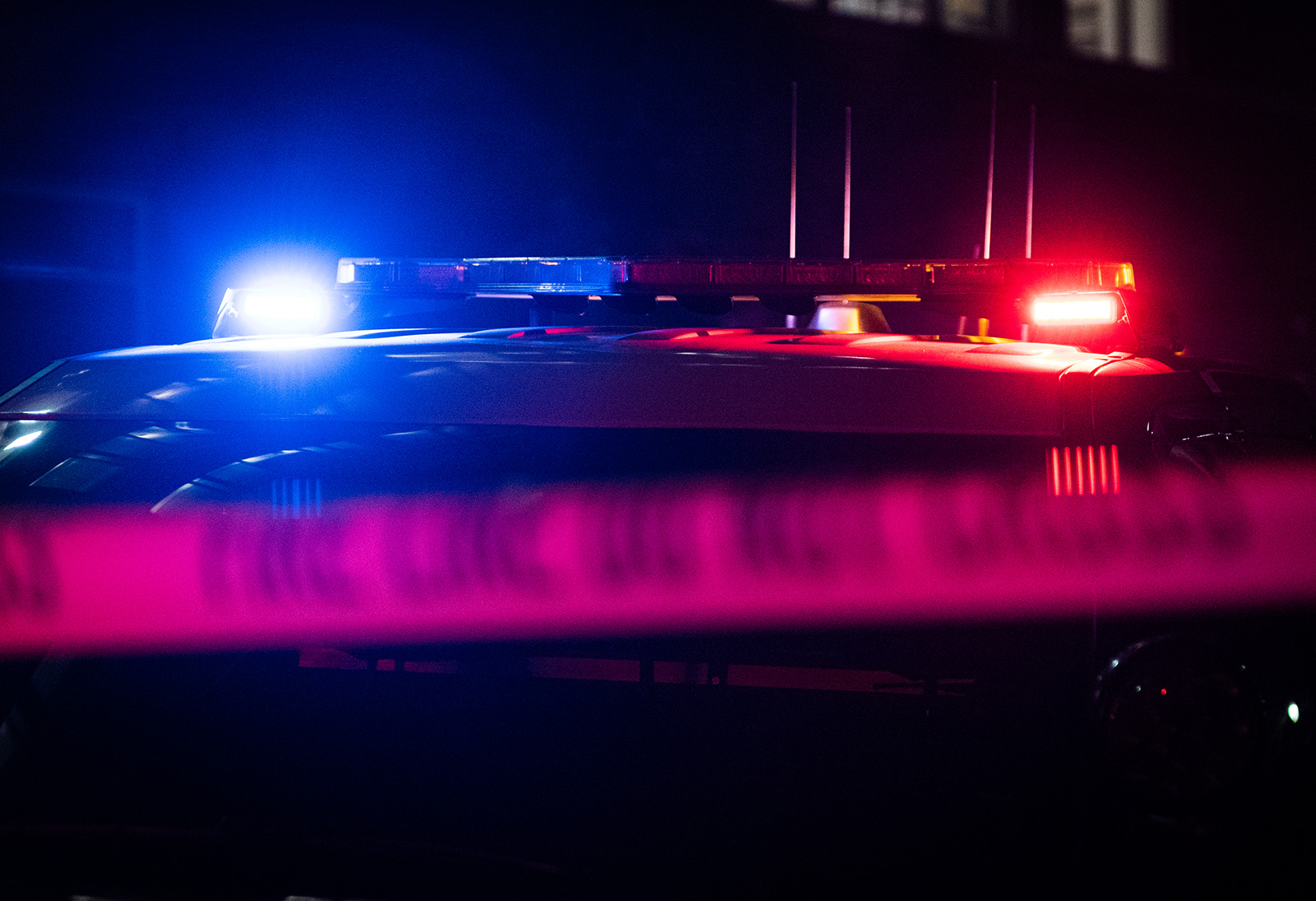Administration ignores concerns of Campus Safety Alliance, focusing on PR instead

The Campus Safety Alliance was revived earlier this year to better allow students to voice their campus safety concerns to administrators. The problem is, UCLA is keen on tuning them out. (Liz Ketcham/Assistant Photo editor)
By Lisa Basil
May 23, 2019 12:37 a.m.
Four times a quarter, administrators and student advocates come together to discuss the safety of the nation’s top public university.
Students raise their concerns after weeks of interfacing with communities on campus.
And each time, administrators pretend they’re listening.
The Campus Safety Alliance was revived earlier this school year after being disbanded back in recent years. The alliance is made up of student representatives from campus groups, such as the Panhellenic Association, the Undergraduate Students Association Council, the LGBTQ center and Students for Justice in Palestine at UCLA. The coalition aims to bridge the gap between students and administrators to better promote campus safety.
This kind of alliance is important. UCLA saw a measles outbreak earlier in spring quarter that posed a threat to the entire student body. A professor emeritus in the UCLA School of Theater, Film and Television pleaded no contest to charges of sexually assaulting two children for several years.
UCLA clearly has no shortage of campus safety issues the administration prefers to ignore.
Transparency is crucial for such a major university. The fact that this program had to be brought back is indicative of the university’s lack of due diligence in enacting necessary safety policies while appropriately consulting with students.
Even with this alliance and the student input it has received, the administration hasn’t made substantive changes. Student concerns still aren’t being heard in a meaningful way.
Mick Deluca, UCLA assistant vice chancellor of campus life, said CSA is an important way for students to work with administrators to raise critical concerns.
“The opportunity for student leaders to work with campus administrators … builds trust and creates the opportunity to share perspectives, raise issues, ask questions and then interact directly on the issues or topics of concern,” Deluca said in an email statement.
But the university’s high-level decision-makers’ interests aren’t always aligned with students’, and often prioritize promoting positive PR at the expense of student interest.
Students are frequently not informed about UCLA policy changes. Policy 133, for instance – proposed in fall quarter – aimed to centralize data collection from the security camera system already in place across campus.
This policy, while intended to address safety concerns on campus, compromised students’ privacy and was heavily prone to misuse – potentially even making it easier to out undocumented and LGBTQ students.
Robert Watson, the 2019-2020 USAC president and former internal vice president who revived CSA, said UCLA isn’t transparent when moving forward with these kinds of policies.
“Transparency is the biggest thing we as a school need to work on,” Watson said. “Administrators make these decisions and set policies like Policy 133, and students are usually left in the dark on most of the issues.”
Watson added CSA facilitates discussion between students and administrators before these policies are implemented, which allows for more transparency and student input.
But those exchanges seem superficial. The coalition brings forth safety concerns, but those issues often do not elicit any sort of administrative action.
Watson said the alliance confronted UCLA about instances of racial profiling this year. Yet the administration’s mitigation of the problem seemed to involve only issuing an apologetic email from Chancellor Gene Block.
Similarly, despite concerns from the coalition about UCLA’s response to the measles outbreak, the university only doubled down on its uncommunicative approach to securing the campus.
That’s because the university is often primarily concerned with its public image and fails to address student concerns when faced with safety issues. The existence of the alliance serves as a cop-out for administrators to not go out and find where their policies harm students or fall short in promoting safety. On top of that, they don’t even heed the concerns of the coalition.
Watson said he wishes the coalition would have power to implement policies and make tangible changes on campus, and that the administration would be required to run these policies by CSA for approval.
That hasn’t happened yet, however. CSA, as a student-run organization, works with a very small number of students and lacks the necessary tools to enact policies. The most it can do is facilitate discussions and host town halls to raise visibility of student concerns – conversations UCLA seems insistent on tuning out.
Certainly, it might seem administrators – not students – are in the best position to designate what safety concerns are most pressing. However, students are the ones most affected by university policies – there are 45,000 of us on this crowded campus after all. CSA is a representative group of some of this university’s most marginalized communities. The fact that the issues it brings to light do not merit administrative action indicates how UCLA’s participation with the alliance is more for show than it is for student well-being.
Campus safety can only be assured when the people in power make a concerted effort to hear the concerns and viewpoints of all communities on campus.
Students are speaking up. But administrators are tuning it all out.

